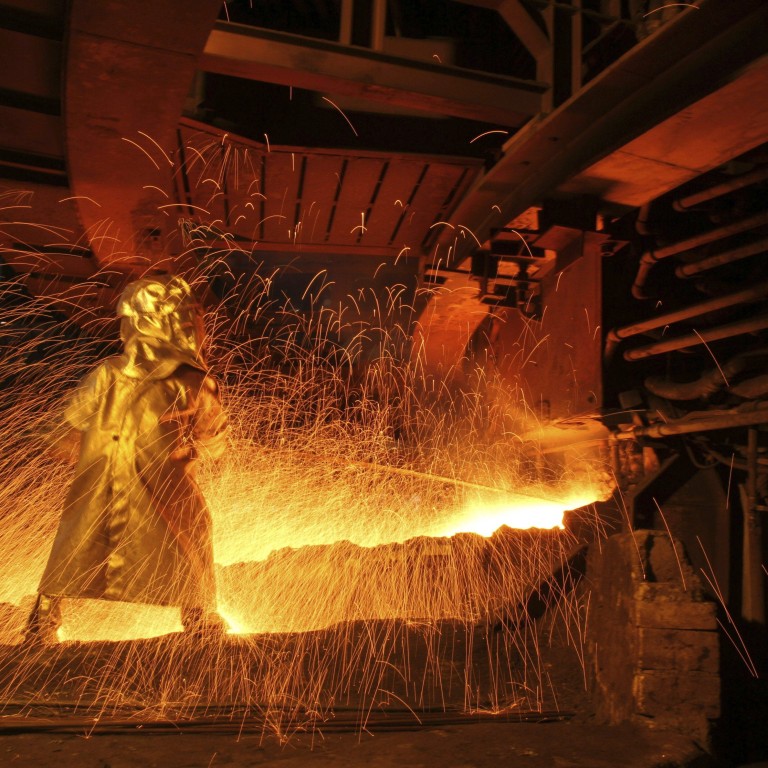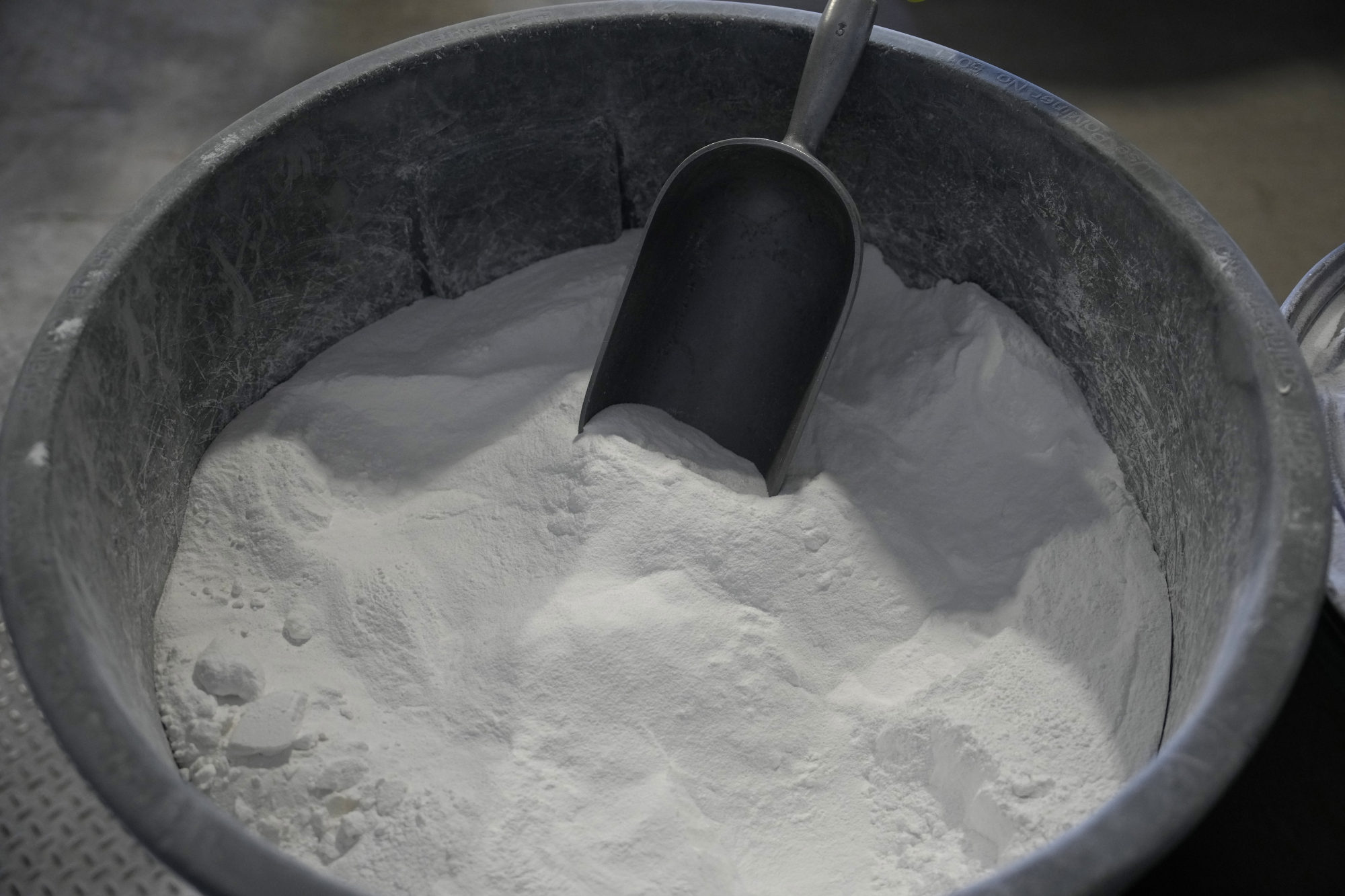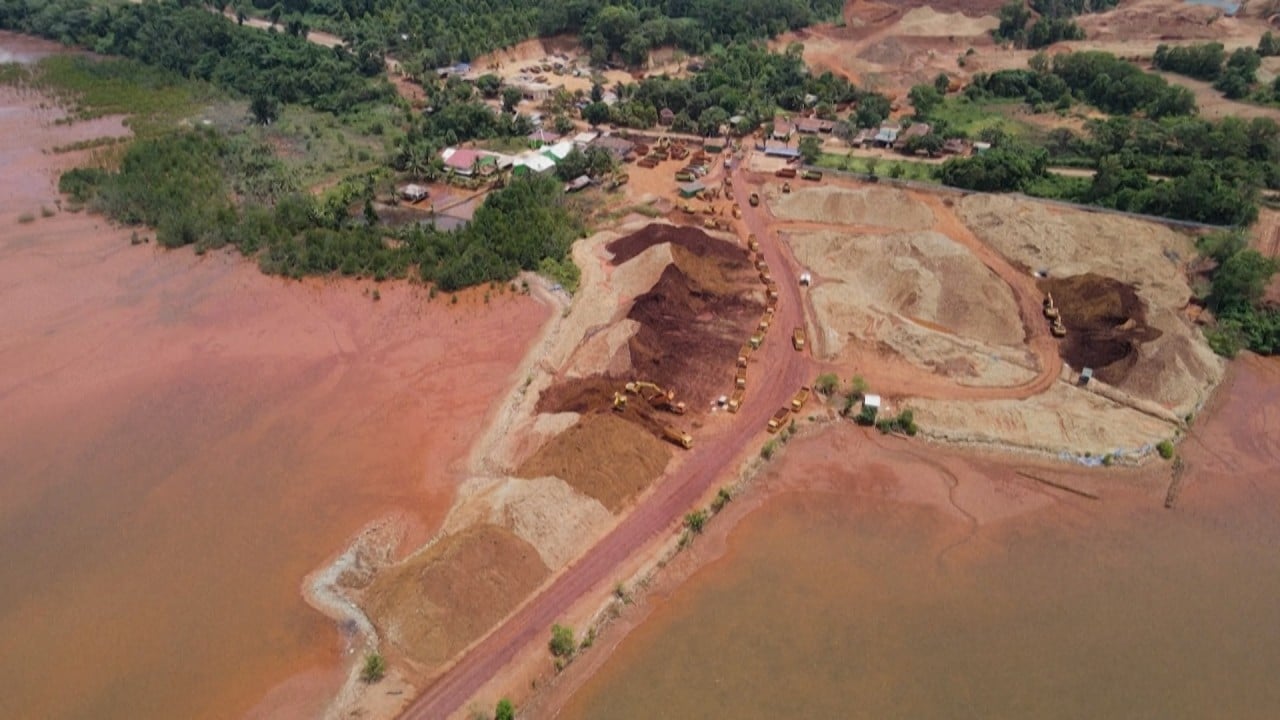
As Australia, China work on green tech mining, zero-sum games and geopolitical finger pointing have no place
- Australia and China already collaborate on green technology mining deals which maintain jobs, so they can do more
- The ship might have sailed on Australia’s nickel industry, but there’s still time for lithium, rare earth and many other green technology minerals
As nickel prices plunge in what is transpiring as a price bubble burst, mines are closing and jobs are being cut.
We know it is serious when the Australian government makes a surprise move to list nickel as critical, so nickel miners can access funding otherwise earmarked for other minerals such as lithium under the A$4 billion (US$2.6 billion) Critical Minerals Facility.
As nickel prices plunge globally, Australia scrambles to save its mining sector
That may be cold comfort for the industry, mainly because it may not be enough. As an example, the cost of Australia’s first taxpayer-funded rare earth refinery through miner Iluka Resources has exceeded the original A$1.25 billion price tag to some A$1.8 billion.
This turning point in the nickel industry has triggered a few things, not least, a blame game.
The argument is that China is trying to hurt global prices because it can. It has “monopolistic” dominance over the production of these special minerals, In nickel’s case, China and Indonesia – where there is much Chinese investment in the latter – have flooded the market with too much nickel, crimping competition.

The surge in nickel supplies is true, but it is an economic outcome rather than a geopolitical one and the factors are multifaceted, not just China-centric.
For starters, China fully cultivated the economic opportunities in critical minerals production that came its way, sometimes handed to it. Take rare earth for example.
Naturally, as China invests in places like Indonesia, the technology goes along and Indonesia’s production ramps up. Innovation makes production cheaper and faster, which ultimately benefits consumers.
Crucially, the nickel turning point now exposes “economic realities” for Australia when it comes to cooperation with China.
Such sensitive collaborations between Australia and China can be hard to discuss, especially given their recent bilateral skirmish and China’s economic manipulation with Australia’s exports.
But when jobs are at stake, Australia would not be faulted for being pragmatic in shoring up its industries, perhaps through “technology and capital” bundle deals in mining with China, tied up with a pretty bow of environmental preconditions.
Those concerned with China’s presence in Australia can rest assured that Australia already has the necessary mechanism in place to control foreign investments and mitigate risks to national interests. It can firm this up during contract negotiations.
Fortescue Metals chief Andrew Forrest recently said it was hard to compete with the likes of China and Indonesia that did not have to “price in” environmental responsibility.
Australia remains ‘open’ to Chinese investments as bilateral tensions ease
So, do that. Rather than see the competition as a zero-sum game, Australia and China should combine Australia’s environmental credentials in mining and China’s technology in green technology and ready capital into not just helping a much globally-needed green sector, but protecting the longevity of their industries.
Australia and China already collaborate on green technology mining deals which maintain jobs, so they can do more. Chinese company Tianqi and the US’s lithium producer Albemarle both invest in Australia’s Greenbushes lithium mine in Western Australia. They in turn underwrite the mine’s commercial viability by agreeing to offtake agreements that is, buying the minerals they mine.
The ship might have sailed on Australia’s nickel industry, but there’s still time to look after lithium, rare earth and many other green technology minerals. After all, in the global fight against climate change, no battle lines should be drawn.


